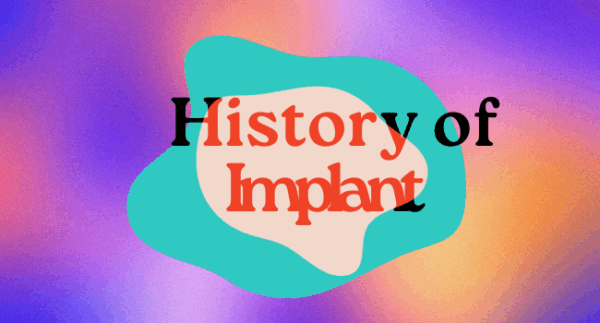Contraceptive Pearl: Harm Reduction Approaches to Substance Use During Pregnancy
Written by Meghan Hynes
Although health care professionals and institutions are evolving from treating addiction as a moral failing to treating it as a chronic disease in recent years, substance use during pregnancy remains misunderstood and heavily stigmatized. This stigmatization can negatively affect how health care professionals perceive patients with substance use disorders (SUDs) and results in poor outcomes.^1 In addition to stigma, misinformation about the effects of substance use on fetal development, a lack of clarity around reporting obligations, and underutilization of treatment for SUDs all have negative impacts on health outcomes.
People who use substances while pregnant often delay or forego prenatal and postpartum care due to fear of being judged by clinicians and staff.^2 Patients who believe they are “flagged” as drug users in electronic medical records may avoid reproductive health care due to past experiences in which they have been mistreated, accused of drug-seeking behavior, or denied adequate pain management. Several states have also passed laws criminalizing drug use during pregnancy through involuntary commitment, arrest, or loss of custody, further discouraging these patients from seeking care or speaking honestly with their clinicians.^3
Harm reduction is a framework of practical strategies aimed at reducing the unintended effects of substance use. It is based on the principle that everyone deserves respect, dignity, and quality care. The following harm reduction approaches can help everyone in the healthcare field provide more effective, compassionate care:
- Person-centered: Provide patients with the freedom to set their own priorities. Use a shared decision-making model to create treatment plans that take their values and life circumstances into account. Encourage the review of any potentially harmful policies and practices. For example, policies that require blanket urine testing for patients who present late for prenatal care. Additionally, consider creating opt-in policies for urine screenings.
- Evidence-based: Follow recommendations from the American Medical Association (AMA) for treating SUDs in pregnant patients and use evidence-based strategies to reduce risks associated with substance use.
- No wrong door: Provide care navigation, warm handoffs, on-site SUD treatment, and assistance with social support to reduce service fragmentation.
- Support, don’t punish: Familiarize yourself with the laws in your area and avoid unnecessary involvement with criminal justice authorities. A new resource from If/When/How provides information to help clinicians navigate uncertainty around reporting requirements in their state while continuing to put their patients first. Read our March Insights article to learn more.
- Use person-first language: Eliminate terms such as “addict” and “substance abuse” from your language. Use less stigmatizing terms such as “person with a substance use disorder” and “substance misuse.” Visit the Recovery Research Institute’s Addictionary for more language recommendations.
This Pearl will be the first of a three-part String of Pearls series that discusses considerations for the patient-clinician relationship, examines the effects of different substances on fetal development, and recommends harm reduction strategies to reduce risks involved with substance use during pregnancy.
Partner Resources:
- If/When/How: Prenatal Drug Exposure: CAPTA Reporting Requirements for Medical Professionals
- Pregnancy Justice: Confronting Pregnancy Criminalization: A Practical Guide for Healthcare Providers, Lawyers, Medical Examiners, Child Welfare Workers, and Policymakers
- National Harm Reduction Coalition: Pregnancy and Substance Use: A Harm Reduction Toolkit
- Recovery Research Institute: The Addictionary
Sources:
Sign-up to Receive Contraceptive Pearls Monthly!
If you enjoyed this Contraceptive Pearl, sign up to have them delivered to your inbox! Contraceptive Pearls are released on the third Tuesday of every month!

